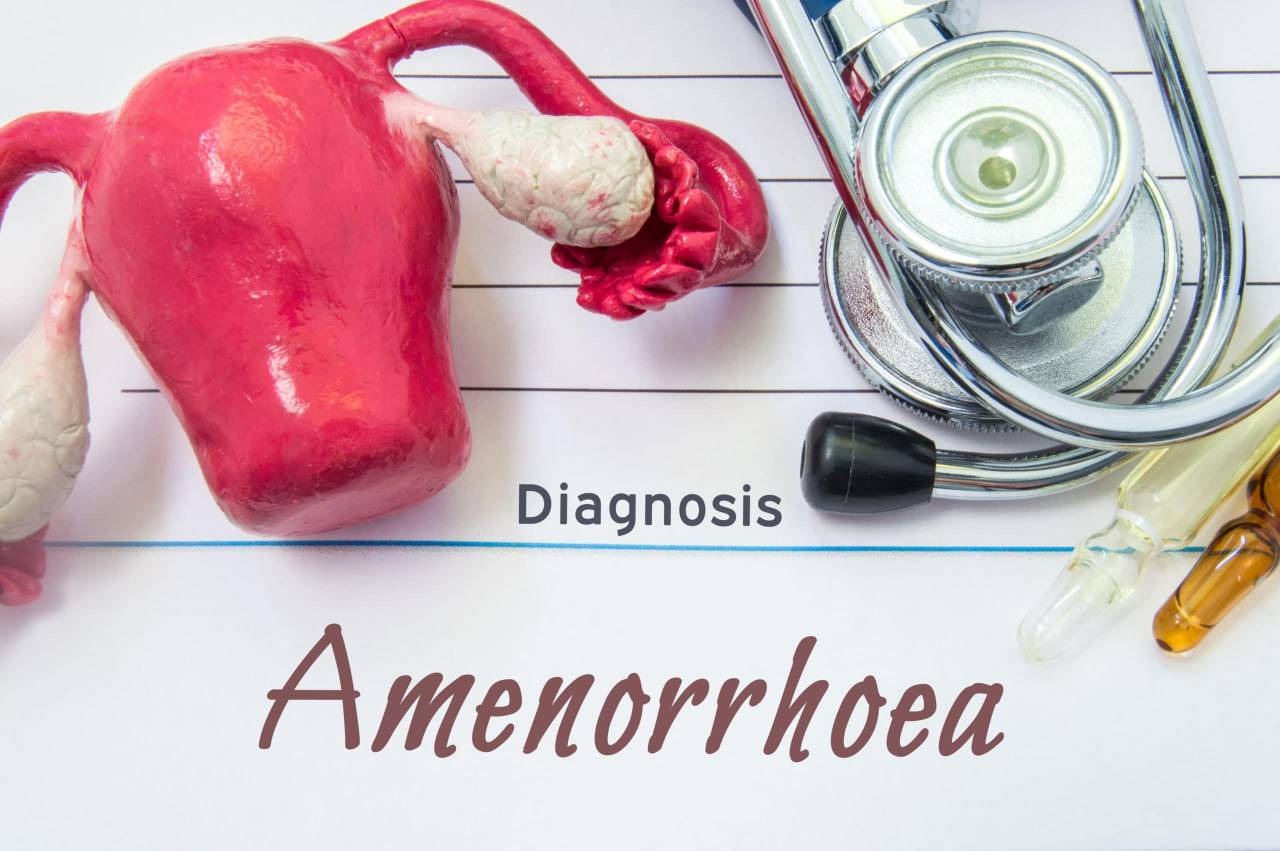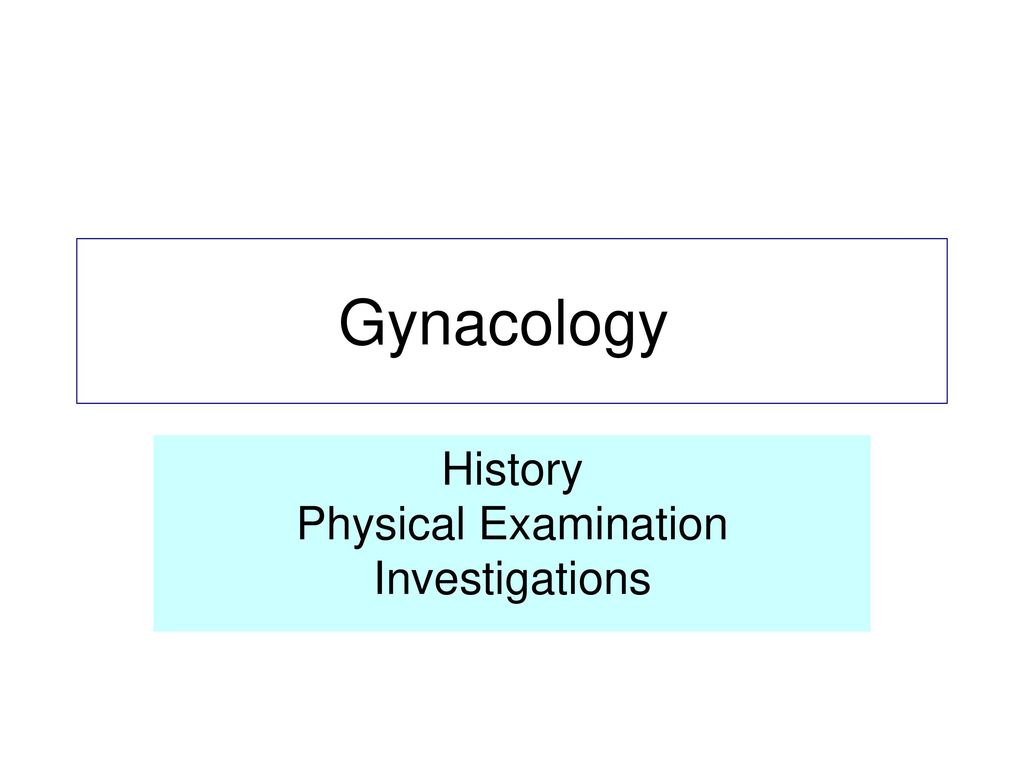-

MENORRHAGIA
MENORRHAGIA Menorrhagia is a condition characterized by abnormally heavy or prolonged menstrual bleeding. Menorrhagia can be heavy or prolonged menstrual bleeding or both. Causes of Menorrhagia Hormonal imbalances: Fluctuations in oestrogen and progesterone, two key hormones in the menstrual cycle, can disrupt the normal regulation of the menstrual cycle. Irregularities in these hormones may…
-

DYSMENORRHOEA
DYSMENORRHOEA Dysmenorrhea is a medical term used to describe painful menstrual cramps that occur just before or during menstruation (the monthly shedding of the uterine lining). OR Dysmenorrhea refers to painful menstrual periods. Nearly 50% of all women have some degree of pain associated with their periods. About 10% are unable to perform their normal…
-

AMENORRHOEA
AMENORRHOEA Amenorrhoea refers to absence of menstruation which occurs in females during their reproductive age. Types of Amenorrhoea 1. Primary amenorrhoea. Primary amenorrhoea is failure to menstruate by the age of 16 in the presence of normal secondary sexual development. or The absence of menses by age 14 in the absence of normal secondary…
-

HISTORY, PHYSICAL EXAMINATION AND INVESTIGATIONS IN GYNAECOLOGY
History taking: Proper history taking is key in determining the proper diagnosis and a guide to the required examination and investigations. The history from the patient should be taken from a private room. During history taking, which should always start with the patient’s demographics, the following specific information should be captured. Personal history: This refers…
-

BUSINESS PLANNING
BUSINESS PLANNING When one has identified a business Opportunity to execute, one is not advised to immediately execute the businesses, a thorough process of planning for how the business will be done (Process of Production/Operation), where will it be done from (Location), to whom will it be done for (Customers), who will do it (workers)…
-

BUSINESS / BUSINESS ENTERPRISE
BUSINESS / BUSINESS ENTERPRISE Business encompasses a wide range of activities involving the production, distribution, and exchange of goods and services for profit. Business can refer to an individual’s regular occupation, profession, or trade, an organization engaged in commercial, industrial, or professional activities, or the organized efforts of individuals to produce and sell goods and…
-

COOPERATIVES
COOPERATIVES A cooperative is a business organization that is owned and controlled by its members. Cooperatives are often formed to provide goods or services to their members at a lower cost than they would be able to obtain from a traditional business. It is an association of persons who have voluntarily joined together to meet…
-

JOINT STOCK COMPANIES
JOINT STOCK COMPANIES Joint stock company is a voluntary association of persons incorporated into a business having joint capital divided into transferable shares of a fixed face value, with limited liability of members. A joint stock company is a company whose stock is owned jointly by shareholders and can be bought and sold by them.…
-

Partnerships
Partnership A partnership is a business owned and managed by two or more people. Partners share the profits and losses of the business. This is the relations between two or more persons who have agreed to share profits of business carried on by all or any one of them acting for all. It may consist…
-

TYPES/NATURE/ FORMS OF BUSINESS ENTERPRISES
TYPES/NATURE/ FORMS OF BUSINESS ENTERPRISES When an entrepreneur decides to start a business, he must decide what form of organization he will do it in. The entrepreneur may therefore choose on doing business either at individual level or as a group. These are some of the possible options left, sole proprietorship, company, partnership, cooperatives among…
